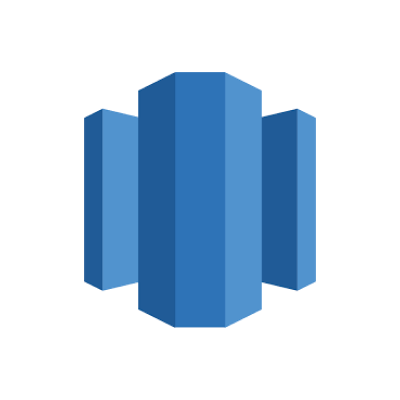Compare - Databricks VS Qlikview
Here’s the difference between Databricks and Qlikview. The comparison is based on pricing, deployment, business model, and other important factors.
About Databricks
Databricks provides a data lakehouse that unifies your data warehousing and AI use cases on a single platform. With Databricks, you can implement a common approach to data governance across all data types and assets, and execute all of your workloads across data engineering, data warehousing, data streaming, data science, and machine learning on a single copy of the data. Built on open source and open standards, with hundreds of active partnerships, Databricks easily integrates with your modern data stack. Additionally, Databricks uses an open standards approach to data sharing to eliminate ecosystem restrictions. Finally, Databricks provides a consistent data platform across clouds to reduce the friction of multicloud environments. Today, Databricks has over 7000 customers, including Amgen, Walmart, Disney, HSBC, Shell, Grab, and Instacart.
About Qlikview
Qlik is a provider of data visualization and analytics software. Its cloud-based software enables users to bridge gaps between data, insights, and action with active intelligence delivered by the end-to-end solution for data integration and analytics. The solutions are available in a subscription-based pricing model. Its clients of the company include PayPal, NHS, Ford, and Deloitte.
Comparison Table
| Overview | ||
|---|---|---|
| Categories | Data Warehouses, Data Lakes | Business Intelligence (BI), Data Cataloging |
| Stage | Late Stage | Late Stage |
| Target Segment | Enterprise, Mid size | Enterprise, Mid size |
| Deployment | SaaS | SaaS |
| Business Model | Commercial | Commercial |
| Pricing | Freemium, Contact Sales | Free trial, Contact Sales |
| Location | San Francisco, US | Pennsylvania, United States |
| Companies using it | ||
| Contact info |
Add to compare
